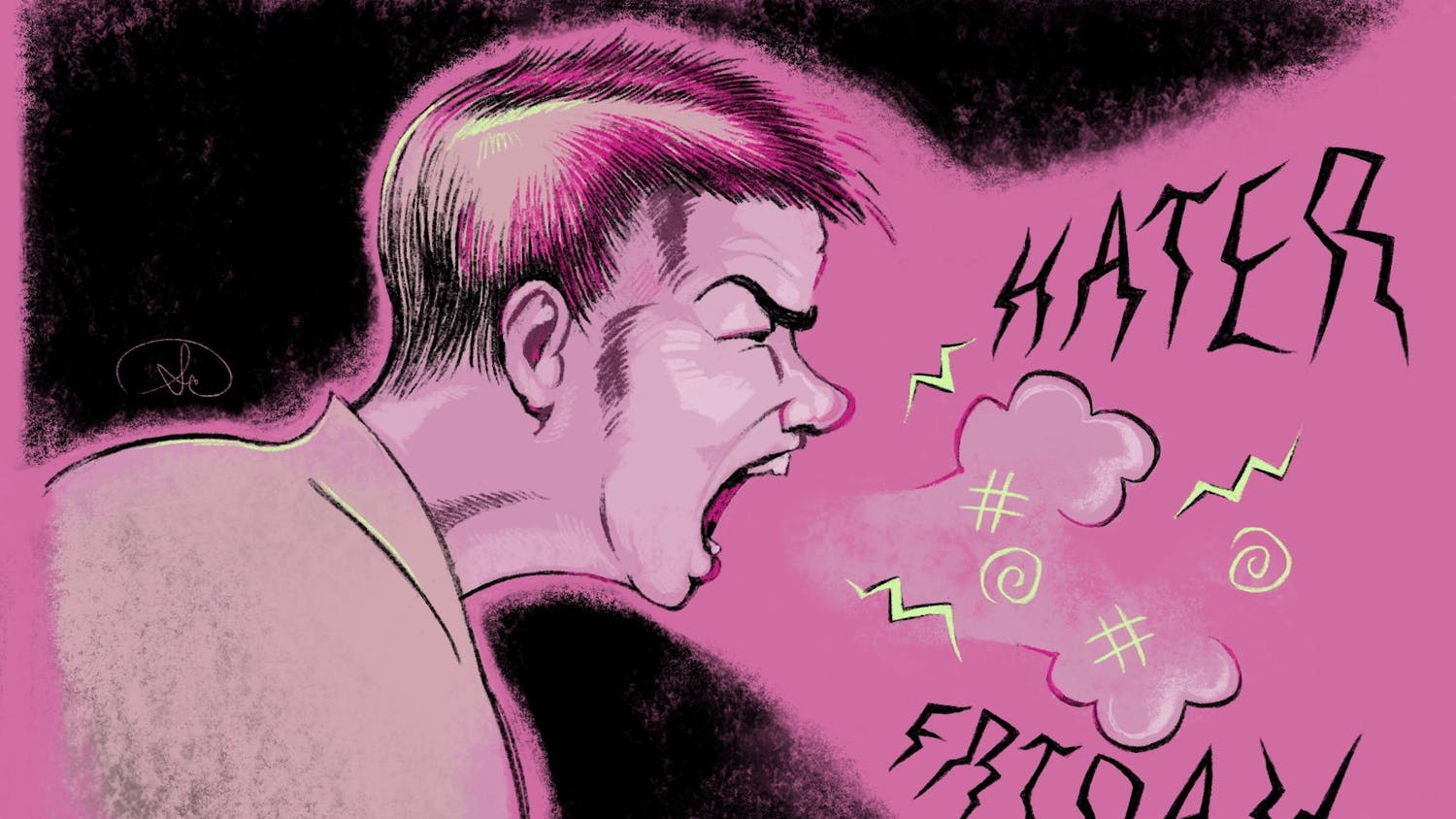Two weeks ago, I reviewed the highly anticipated CHROMAKOPIAalbum by experimental hip-hop icon Tyler, the Creator. This week, the spotlight is on an artist of similar scale, but whose audience is largely concentrated in Latin America: Rauw Alejandro. The Puerto Rican artist has made his mark in the music industry by refusing to conform to traditional musical expectations. He effortlessly transcends musical genres, employing everything from folkloric beats to electronic sound effects within individual albums. I urge my readers, whether you’re a superfan of boricua tunes or just someone vaguely interested in Latin music, to give Alejandro’s Cosa Nuestra — meaning “our thing” — his newest album and the peak of his artistic creativity, a listen.
The album’s namesake opener samples “Qué lío,” a song off of one of Alejandro’s favorite albums from which he took great inspiration, Cosa Nuestra by Hectór Lavoe and Willie Colón. This old Puerto Rican salsa album embodies colorful sounds and folkloric beats in a direct contrast to the trap and reggaetón that currently dominates the island’s music scene. Alejandro’s intention in this album is to represent as much musical diversity as possible, and he sets the scene with this classic, salsa-inspired record. “Cosa Nuestra,” “Se Fue” and “Tú Con Él” all preserve this traditional boricua sound and are strategically spread throughout the album to maintain the unpredictability of genre-switching.
The listener is then immersed in a more pop-inspired reggaetón sound with “Déjame Entrar.” One of three pre-released singles, along with “Touching the Sky” and “Pasaporte,” it’s an impressive showcase of Alejandro’s musical ability and the incredible production that characterizes this album. The other two songs lean into the safety of the pop genre, but their simplicity is a manifestation of Alejandro’s intentions. They prove to the listener that he can jump from a classical style to a modern one and just as easily impress.
“Que Pasaría” with Bad Bunny and “Revolú” with Feid don’t just showcase star-studded features, but are also a return to everything Alejandro does best — explicit lyrics and engaging vocals over layers of traditional Latin beats. The real beauty of these songs, however, is their dynamism. Despite their familiarity, they manage to reject stagnation and predictability in a way that keeps the listener engaged and eager for more.
Other notable moments in the album are Alejandro’s unflinching vulnerability in “Ni Me Conozco” and “Amar de Nuevo,” in which he opens up about how love has altered his perception of time. I found this a clever reference to his abandonment of chronology throughout the album, as he spontaneously jumps across musical styles that span decades. Some of my favorite songs are “2:12 AM,” “Mil Mujeres” and “Committed,” primarily for their reliance on the incredible production that is highlighted in the album’s versatility. The modern and diverse sounds embrace a futuristic spin on Puerto Rican music that is a callback to Alejandro’s last, very experimental album SATURNO.
The album is a marvel of artistic creativity and intention. It lived up to its name, “cosa nuestra”: the entire listening experience is meant to feel like an intimate moment between the audience and Rauw Alejandro himself. He is vulnerable, confident and willing to step out of his comfort zone as he effortlessly navigates his changing sound. Alejandro is known for being experimental and breaking tradition, but this album, rather than being an exploration of the unknown, is an exploration of time — it’s a longing for the past, a love letter to the present and a faith in the future.
I can’t help but feel a great confidence in Puerto Rico and its culture after listening to this album. Despite the horrific comments made about the island at MAGA rallies and our president-elect’s devastating oversight during the hurricanes of 2017, las boricuas persist. I hope that Cosa Nuestra is motivation for Puerto Ricans across the world to share every aspect of their culture, for embracing our past and cherishing the present is all we can do to protect our future.
Mia Roman-Wilson is a freshman in the College of Arts and Sciences. She can be reached at mjr436@cornell.edu.











